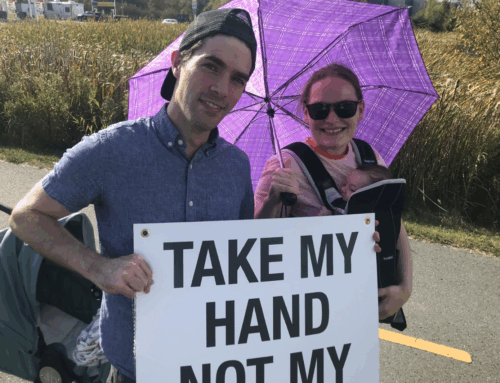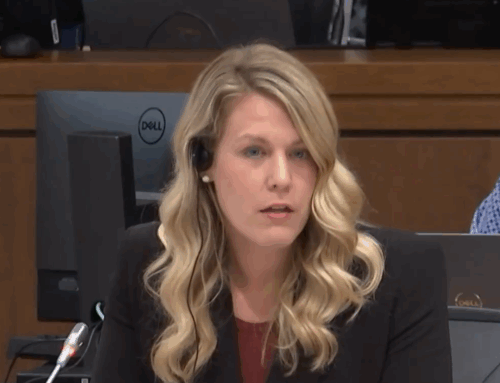Angelica Vecchiato:
In the wake of the June 24 U.S. Supreme Court decision which overruled Roe v. Wade, the backlash unleashed by various international agencies empowered high-intensity pro-abortion advocacy. The 5-4 verdict, returned abortion to the jurisdiction of the individual American states. Within the United Nations, working groups and committees — under the lead of Secretary-General Antonio Guterres — have censured the United States constitutional decision-making process and are now working towards enshrining abortion as a “human right” in formal resolutions.
The UN’s working group on discrimination against women condemned the legal proceedings in the U.S. as a “monumental setback” for law and gender equality. It expressed its disappointment that the high court had “stripped” women and girls of “legal protections necessary to ensure their ability to live with dignity.” Such injustices, they argued, were facilitated “with the stroke of a pen and without sound legal reasoning.”
Similar comments were made by the UN Committee on the Elimination of Racial Discrimination, which emphasized that Roe v. Wade’s overturn hit racial and ethnic minorities hardest. The 18-member committee demanded that the U.S. government stop criminal prosecutions of women and abortionists.
Lobbied by these entities and reinvigorated by their ideological support, the European Union along with the Biden administration renewed their efforts at the UN General Assembly to officially claim abortion as a “human right.” The resolution, if passed, would declare “access to safe abortion” a right that all member countries would have to accept.
This directly contradicts previous UN agreements, established through the 1994 International Conference on Population and Development in Cairo. It stipulated that abortion should be decided by national legislation and never promoted over its alternative of completing the pregnancy. Feminist and abortion rights non-governmental organizations objected strenuously. Governments were encouraged to provide for the wellbeing of the mother and child during pregnancy and after birth.
An alliance of European Union countries, as well as Canada, Japan, Australia, New Zealand, and the United States (when it is controlled by the Democratic Party) have continually pushed for an expansion of abortion. But their efforts have usually been opposed by African and majority-Muslim countries. Recently, Egypt, Bahrain, and Saudi Arabia proposed an amendment to delete the term “safe abortion” from a resolution of the Human Rights Council.
Nigeria, which also objected strongly to the use of “access to safe abortion” as a “human rights” issue within the resolution, put forward a similar amendment on September 2 at the General Assembly. The modification was co-sponsored by Belarus, Cameroon, Ethiopia, Libya, Mauritania, and Senegal and was supported by 30 countries. The Nigerian delegate argued that countries “should help women avoid abortion and provide mothers and their children with healthcare and social support” and that they should decide their “abortion laws at the national level without external interference.”
Although the U.S. has been at the forefront of pioneering pro-abortion language at the General Assembly, the American delegation opposed the same modifications just two years ago. In fact, the Geneva Consensus Declaration (GCD), which was put forward by the Trump administration as an agenda item at the UN, provided for the protection of preborn life and the strengthening of the family unit. The GCD has since been supported by 34 countries inhabited by 1.6 billion people around the world. Joe Biden withdrew the U.S. from the Declaration when he became president.




